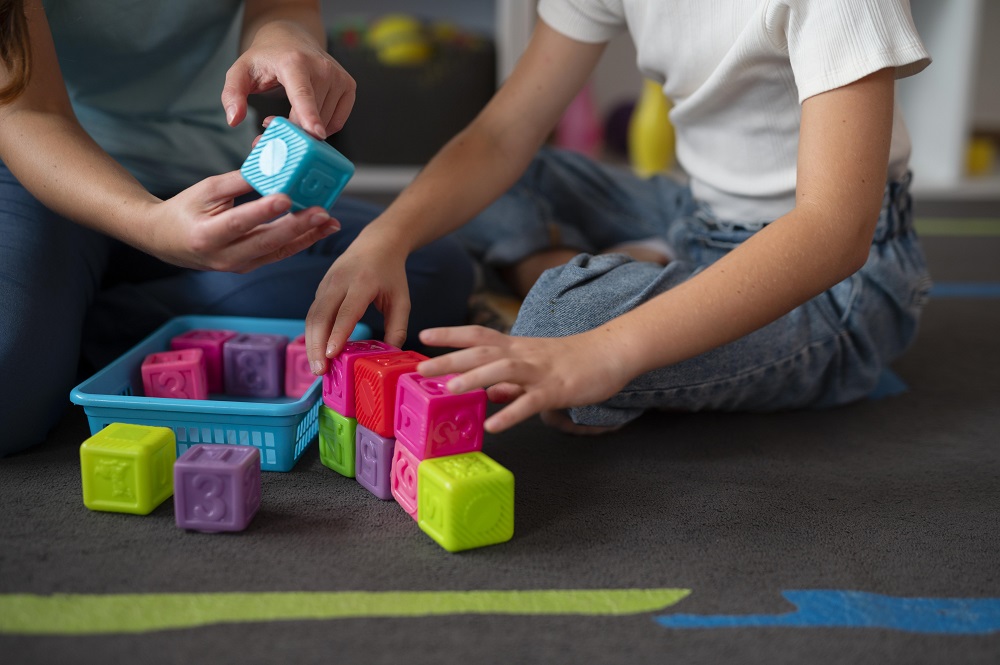Childhood neurological pathologies encompass a wide range of conditions that affect the development and functioning of the nervous system in children.
From neurodevelopmental disorders such as autism and Down syndrome, to neuromuscular diseases such as cerebral palsy and spina bifida, these conditions can present with a variety of symptoms that can be difficult for parents and caregivers to identify.
Motor Disturbances
One of the most obvious signs of neuroinfantile pathologies are movement disturbances. These may manifest as walking difficulties, coordination problems or involuntary movements.
Developmental Delay
Many children with neuroinfantile pathologies experience developmental delays, both physical and cognitive. This may include difficulty reaching developmental milestones such as crawling, talking or socializing.
Communication Problems
Communication difficulties are another common symptom. This may manifest as problems speaking, understanding language or expressing emotions.
Behavioral Changes
Some neuroinfantile pathologies can cause changes in behavior, such as irritability, aggressiveness or difficulties regulating emotions.
The Fundamental Role of Neurological Rehabilitation
Upon detection of these symptoms, it is crucial to seek specialized neurological rehabilitation help. This therapeutic approach focuses on improving patients’ function and quality of life through interventions specifically designed to address their unique needs.
How NeuroRehabilitation Can Help
Comprehensive Evaluation: The process begins with a thorough evaluation of the child’s motor, cognitive and communication skills. This provides a solid foundation for developing a personalized treatment plan.
Physical Therapy: Physical therapy focuses on improving the child’s strength, coordination and mobility through specialized exercises and techniques.
Speech and Language Therapy: For those with communication difficulties, speech and language therapy can help improve comprehension, expression and articulation of language.
Occupational Therapy: Occupational therapy focuses on developing practical skills for daily living, such as dressing, eating, and participating in school and recreational activities.
Conclusion
In conclusion, recognizing the symptoms of neuroinfantile pathologies is the first crucial step towards early intervention and effective treatment. Through neurorehabilitation, we can open the doors to a future full of possibilities for these children, helping them to reach their full potential and enjoy a full and meaningful life.
Don’t wait any longer to seek help if you notice any signs of concern in your child’s development! Together, we can build a path to a brighter, more hopeful future for all children and their families affected by these neurological conditions.
Leave us your data to start your treatment







